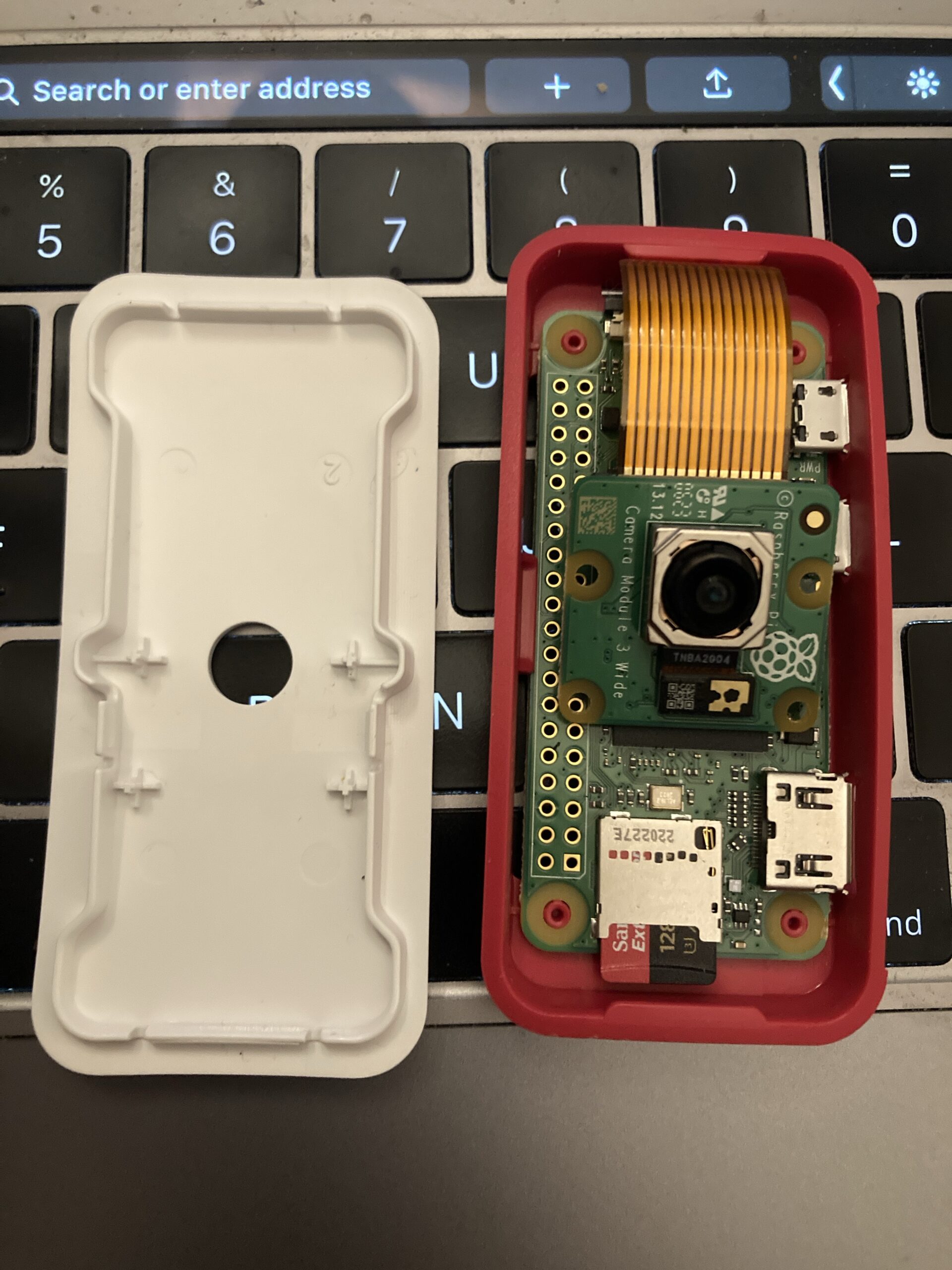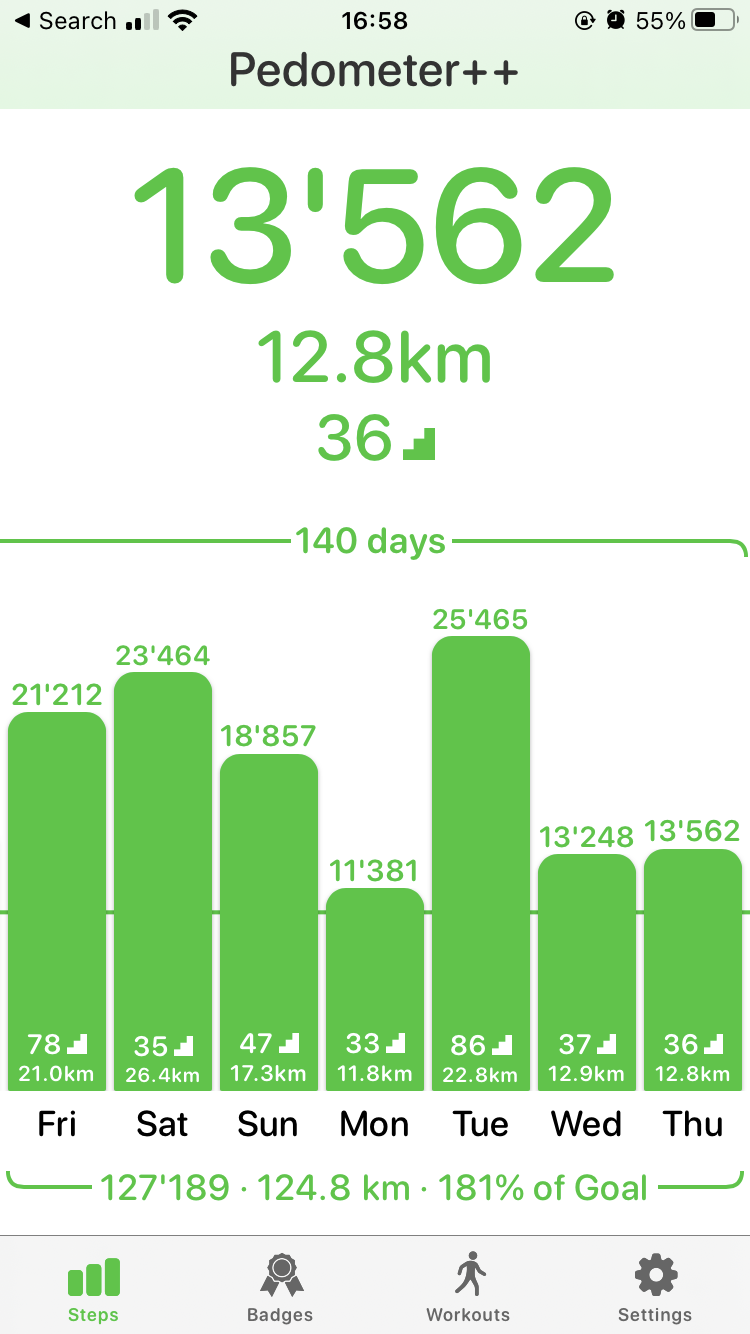Tag: mobile phones
-

Of Tablets and Phones and Raspberry Pis
Reading Time: 4 minutesThis morning when driving back from the shops I heard someone in a podcast say that his fourteen year old niece was disgusted at the thought of using a laptop rather than a mobile phone and it made me think of something. In the age of iOS and Android devices replacing computers…
-
Oversimplification
Reading Time: 2 minutesThe more time you spend online the more headlines and articles you read, the more you see mass idiocy. Every time a phone comes out that’s slightly similar to the iPhone they rant about how similar to the iPhone it is. It’s not. There are several models of phones preceding it. My…
-
Skype through a mobile phone
Reading Time: < 1 minuteI just ran a test and skype with my mobile phone works fine. It means that when in range of open wifi hotspots without restrictions I can take advantage of free phone calls.
-
Skype on a mobile phone
Reading Time: < 1 minuteI have just installed skype on my mobile phone and have yet to test it. it’s wifi enabled phone which means that anywhere there’s a hotspot I should be able to make phone calls via skype. it’s going to be fun to chat with people without paying for the connection.

